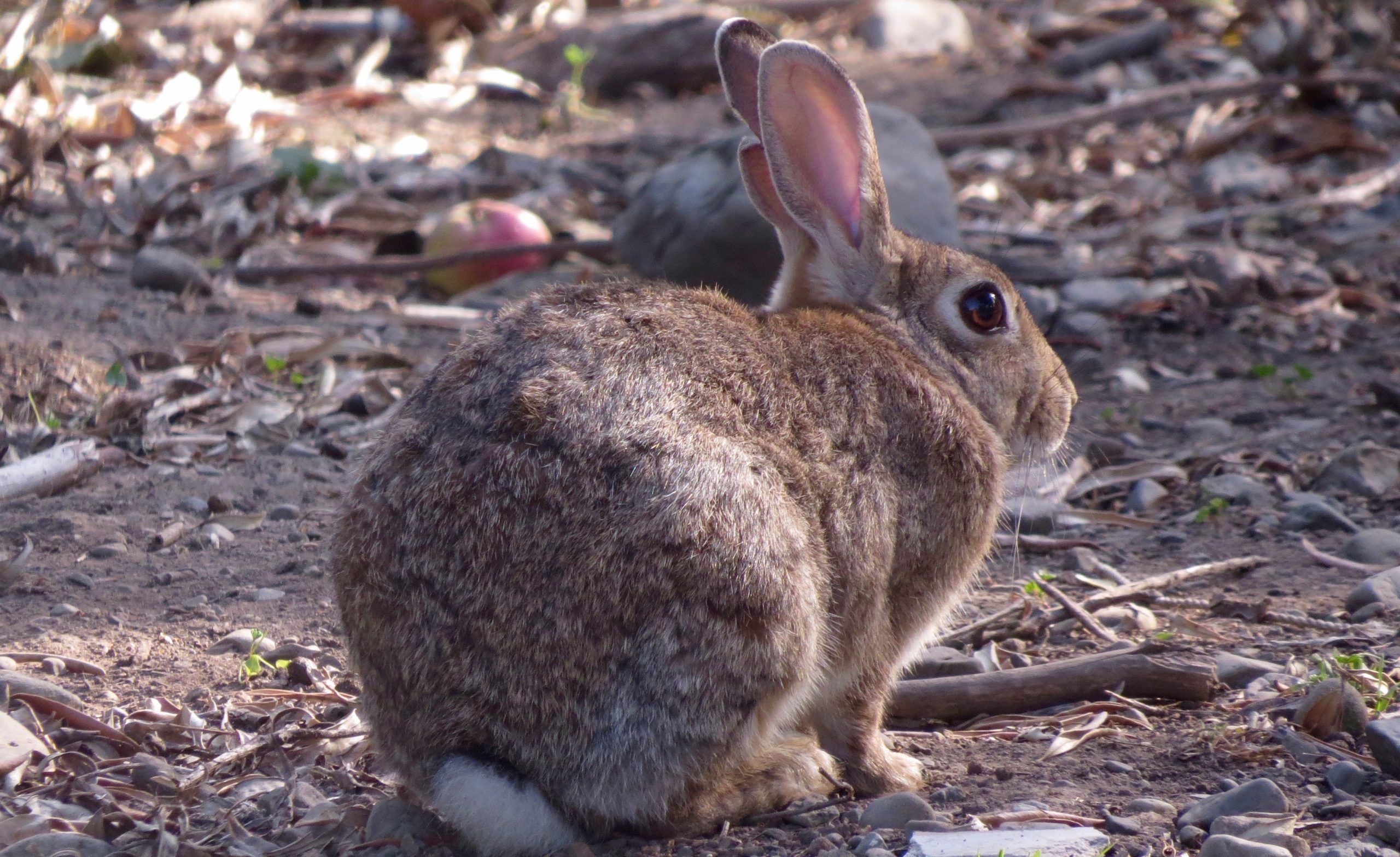Doubt has been placed on eating rabbits that might have contracted rabbit haemorrhagic disease (RHD). David McKay has hunted and studied rabbits since he was 9 years old.
David McKay a PhD candidate at the Centre for the Study of Agriculture, Food and Environment (CSAFE), University of Otago, who for many years has observed and studied rabbits is concerned about humans eating infected rabbits. Before the illegal introduction of RHD in 1997, he regularly ate rabbit, but has not done so since the virus’ introduction.
He had noticed that while hawks invariably scavenged a dead rabbit, or wild cats and other scavengers did, they did not appear to do so if the rabbit had been killed by RHD.
Instinctive
He believed the scavengers instinctively sensed and shunned the RHD dead rabbits. David McKay sees a need for research into the question.
A Ministry for Primary Industries spokesperson reportedly said research had been done on any danger humans could be affected by the rabbit disease.
MPI recommended people should never eat meat from a sick animal, but said even if an animal infected with RHD was shot yet not showing any visible signs of infection, and eaten before it showed any signs of sickness, the RHD virus would have no effect on humans.
All wild rabbits processed commercially for human food or for pet food must be processed in premises which operate a registered risk management programme under the Animal Products Act 1999.

